|
In this episode of The Editing Podcast, Denise and Louise chat about 4 features of written language that are often thought to be Americanisms but aren’t!
Click to listen to Season 3, Episode 3
Find out more about ...
Mentioned in the show
Music credit ‘Vivacity’ Kevin MacLeod (incompetech.com). Licensed under Creative Commons: By Attribution 3.0 License.
Louise Harnby is a line editor, copyeditor and proofreader who specializes in working with crime, mystery, suspense and thriller writers.
She is an Advanced Professional Member of the Chartered Institute of Editing and Proofreading (CIEP), a member of ACES, a Partner Member of The Alliance of Independent Authors (ALLi), and co-hosts The Editing Podcast. Visit her business website at Louise Harnby | Fiction Editor & Proofreader, say hello on Twitter at @LouiseHarnby, connect via Facebook and LinkedIn, and check out her books and courses.
0 Comments
In this episode of The Editing Podcast, Denise and Louise talk with linguist Rob Drummond about grammar pedantry, peevery, youth language, and non-standard language in context.
Listen here ...
Find out more about ...
Mentioned in the show
Music credit ‘Vivacity’ Kevin MacLeod (incompetech.com). Licensed under Creative Commons: By Attribution 3.0 License.
Louise Harnby is a line editor, copyeditor and proofreader who specializes in working with crime, mystery, suspense and thriller writers.
She is an Advanced Professional Member of the Chartered Institute of Editing and Proofreading (CIEP), a member of ACES, a Partner Member of The Alliance of Independent Authors (ALLi), and co-hosts The Editing Podcast. Visit her business website at Louise Harnby | Fiction Editor & Proofreader, say hello on Twitter at @LouiseHarnby, connect via Facebook and LinkedIn, and check out her books and courses.
Denise and Louise talk about how to use question marks in fiction and non-fiction according to convention.
Listen here ...
Find out more about
Mentioned in the show
Music credit ‘Vivacity’ Kevin MacLeod (incompetech.com). Licensed under Creative Commons: By Attribution 3.0 License.
Louise Harnby is a line editor, copyeditor and proofreader who specializes in working with crime, mystery, suspense and thriller writers.
She is an Advanced Professional Member of the Chartered Institute of Editing and Proofreading (CIEP), a member of ACES, a Partner Member of The Alliance of Independent Authors (ALLi), and co-hosts The Editing Podcast. Visit her business website at Louise Harnby | Fiction Editor & Proofreader, say hello on Twitter at @LouiseHarnby, connect via Facebook and LinkedIn, and check out her books and courses.
Here's how to use quote marks (or speech marks) according to publishing convention in your fiction writing. The guidance covers both US English and UK English conventions.
In this post, I cover the following:
What quote marks are used for Quote marks are used in 3 ways in fiction:
Character dialogue Quote marks show that we’re reporting what someone else is saying or said. Each new speaker's dialogue should appear on a new line and include opening and closing quote marks. To distance the narrator from what's being reported The tone of the distancing rendered by the quote marks will depend on narrative intent. Perhaps the voice is sarcastic. Or the author might want the reader to suspend belief by indicating that a character considers a word or phrase unreliable. Imagine the character is saying so-called or supposed or allegedly before the word in quotes.
'What about your friends? Didn't they help?' Molly said.
Peter almost laughed. The last time his 'friends' had phoned or visited had been over six months ago. Two had wanted money, Another needed business advice. A fourth had spent the evening flirting with his now ex-wife. A word of caution: Don't be tempted to differentiate distancing terms in the narrative from dialogue by using an alternate style. If there are double speech marks around the dialogue, there should be double marks around the distancing words.
NON-STANDARD (USING DOUBLES AS BASE STYLE)
"What about your friends? Didn't they help?" Molly said. Peter almost laughed. The last time his 'friends' had phoned or visited had been over six months ago. Two had wanted money, Another needed business advice. A fourth had spent the evening flirting with his now ex-wife. STANDARD (USING DOUBLES AS BASE STYLE) "What about your friends? Didn't they help?" Molly said. Peter almost laughed. The last time his "friends" had phoned or visited had been over six months ago. Two had wanted money, Another needed business advice. A fourth had spent the evening flirting with his now ex-wife. To denote song titles and other works Quote marks are also used to identify certain published works such as song titles and book chapter titles. So, for example, if a writer is referring to an album or book title, this is rendered in italic. However, when it comes to a song on an album, or a chapter in a book, it's conventional to use quote marks.
Jamie pulled the vinyl from its sleeve. The White Album. His favourite. Well, 'Back in the USSR' anyway. He'd never admit it but he didn't much care for the other songs.
Omitting a closing quote mark in dialogue There's one occasion where it's acceptable to omit the closing speech mark in dialogue: same speaker, new paragraph. So, if you want your dialogue to take a new paragraph while retaining the current speaker, use a quotation mark at start of the new line but omit the closing one at the end of the previous paragraph.
Single versus double quote marks There’s no rule, just convention. There are lots of Englishes: US, UK, Canadian, Australian, New Zealand, South African, Indian, etc. Each has its own preferences and idiosyncrasies. Focus on which English your audience will expect, and punctuate your writing accordingly. Whichever style you choose, the main thing is be consistent.
If you choose double quote marks, use the correct symbol, not two singles. Straight versus curly quote marks Curly quote marks are more conventionally known as smart quotes. It’s conventional in mainstream publishing to use smart or curly quotation marks, not unidirectional ones.
Changing straight quotes to smart quotes is one of the initial clean-up jobs an editor will carry out when they start work on a file. To prevent the problem occurring from the minute you begin typing:
If you’ve pasted material into your book from elsewhere, or you didn’t check autocorrect options before you began typing, there might be some rogue unidirectional marks in your file. To change them quickly, do a global find/replace:
The closing quote mark in relation to other punctuation In fiction, punctuation related to dialogue is placed similarly whether you're writing in US or UK style: within the quote marks. Here are some examples:
However, there's a difference when it comes to distancing or cited works. Note the different placement of the commas and full stops in the US and UK examples. In US English, the commas come before the closing quotation marks; in UK English, they come after.
When not to use quote marks There are 2 issues to consider here:
Thoughts CMOS at section 13.43 says you can use quote marks to indicate thought, imagined dialogue and other internal discourse if you want to. However, I recommend you don't. For one thing, I can’t remember the last time I saw this approach used in commercial fiction coming out of a mainstream publisher’s stable. But the best reason for not putting thoughts in quote marks is because it might confuse your reader. The beauty of quote marks – or speech marks – is that they indicate speech. Let them do their job! Emphasis It can be tempting to use quote marks in your writing to draw attention to a word or phrase, but it’s rarely necessary and could even have the opposite effect to what you intended. It works instead as a distancing tool, as discussed above. If you’re tempted to use quote marks for emphasis, imagine saying the sentence out loud, and making air quotes with your fingers as you speak. Would your character/narrator say it like that? If the answer's no, leave out the quote marks. Italic will work better. Or recast your dialogue so that the reader can work out where to place the stress themselves. Summing up If in doubt about how to use quote marks for your book, consult a style manual. I recommend the Chicago Manual of Style, the Penguin Guide to Punctuation and New Hart’s Rules, all of which offer industry-standard guidance.
Fancy listening instead?
If you'd prefer to listen to the advice offered here, Denise Cowle (a non-fiction editor) and I chat about how to use quote marks in all types of writing on The Editing Podcast. You can listen right here or via Apple Podcasts, Spotify or your favourite podcast platform
Louise Harnby is a line editor, copyeditor and proofreader who specializes in working with crime, mystery, suspense and thriller writers.
She is an Advanced Professional Member of the Chartered Institute of Editing and Proofreading (CIEP), a member of ACES, a Partner Member of The Alliance of Independent Authors (ALLi), and co-hosts The Editing Podcast.
|
BLOG ALERTSIf you'd like me to email you when a new blog post is available, sign up for blog alerts!
TESTIMONIALSDare Rogers'Louise uses her expertise to hone a story until it's razor sharp, while still allowing the author’s voice to remain dominant.'Jeff Carson'I wholeheartedly recommend her services ... Just don’t hire her when I need her.'J B Turner'Sincere thanks for a beautiful and elegant piece of work. First class.'Ayshe Gemedzhy'What makes her stand out and shine is her ability to immerse herself in your story.'Salt Publishing'A million thanks – your mark-up is perfect, as always.'CATEGORIES
All
ARCHIVES
July 2024
|
|
|
|


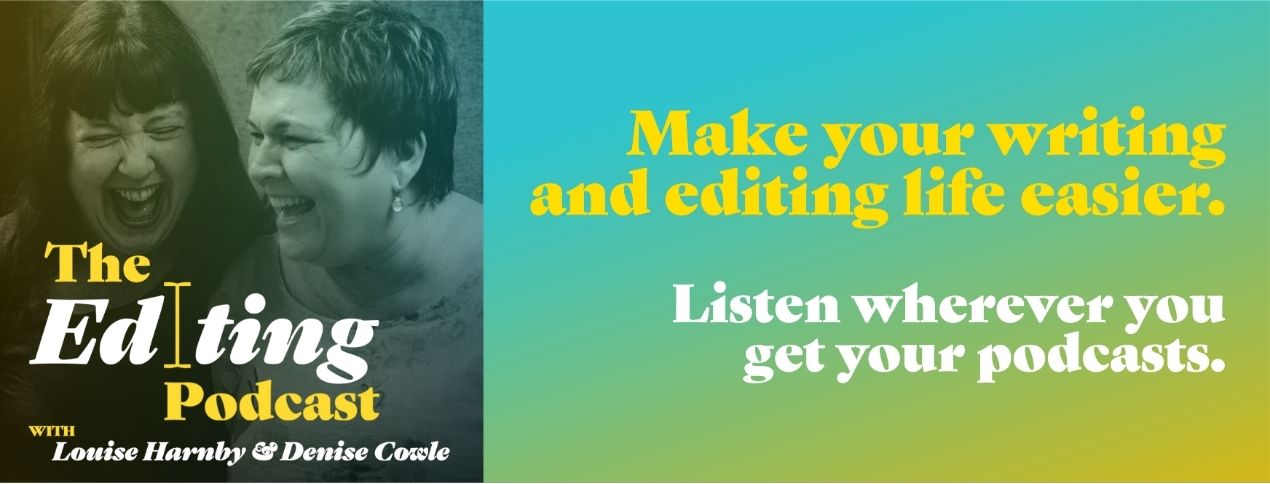
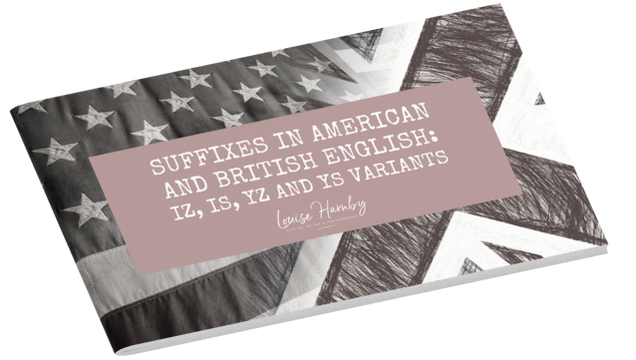
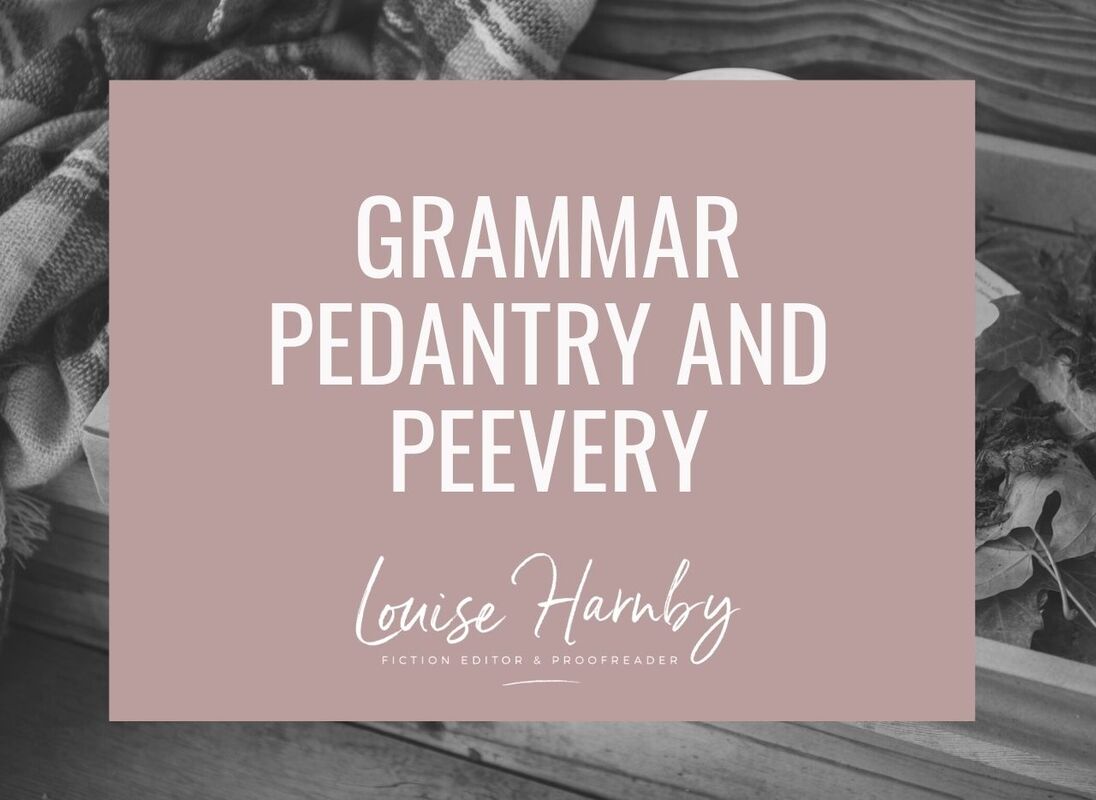
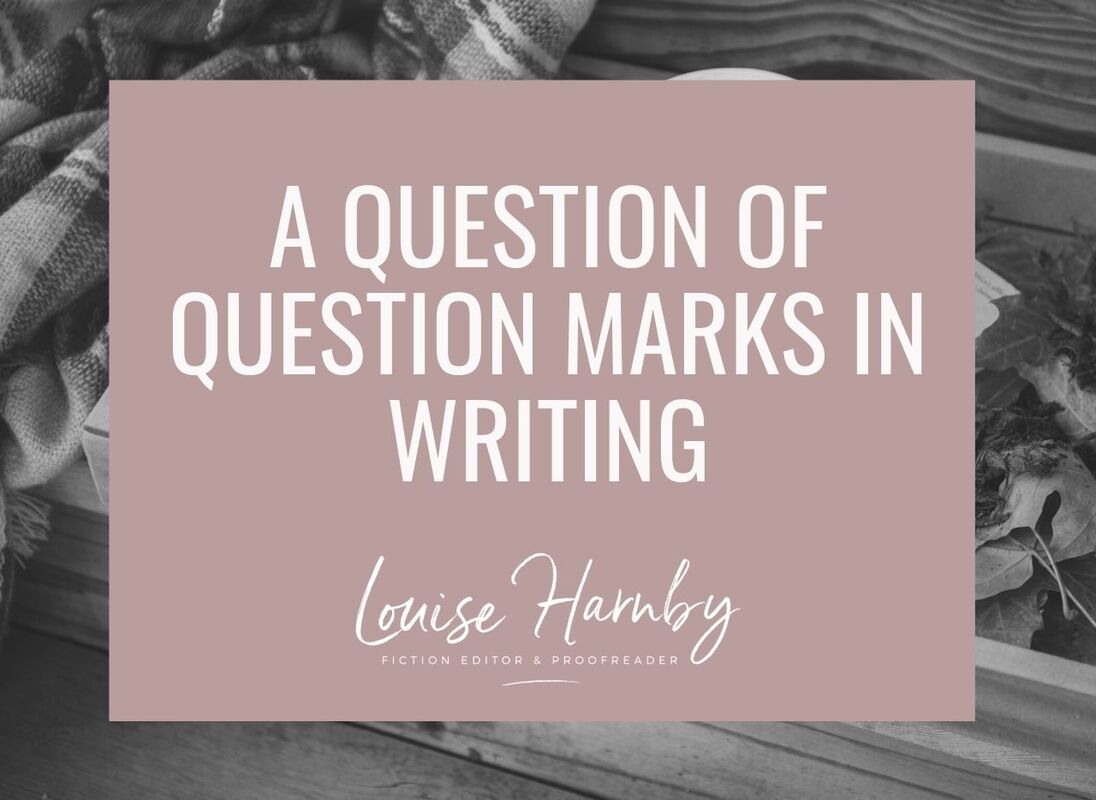
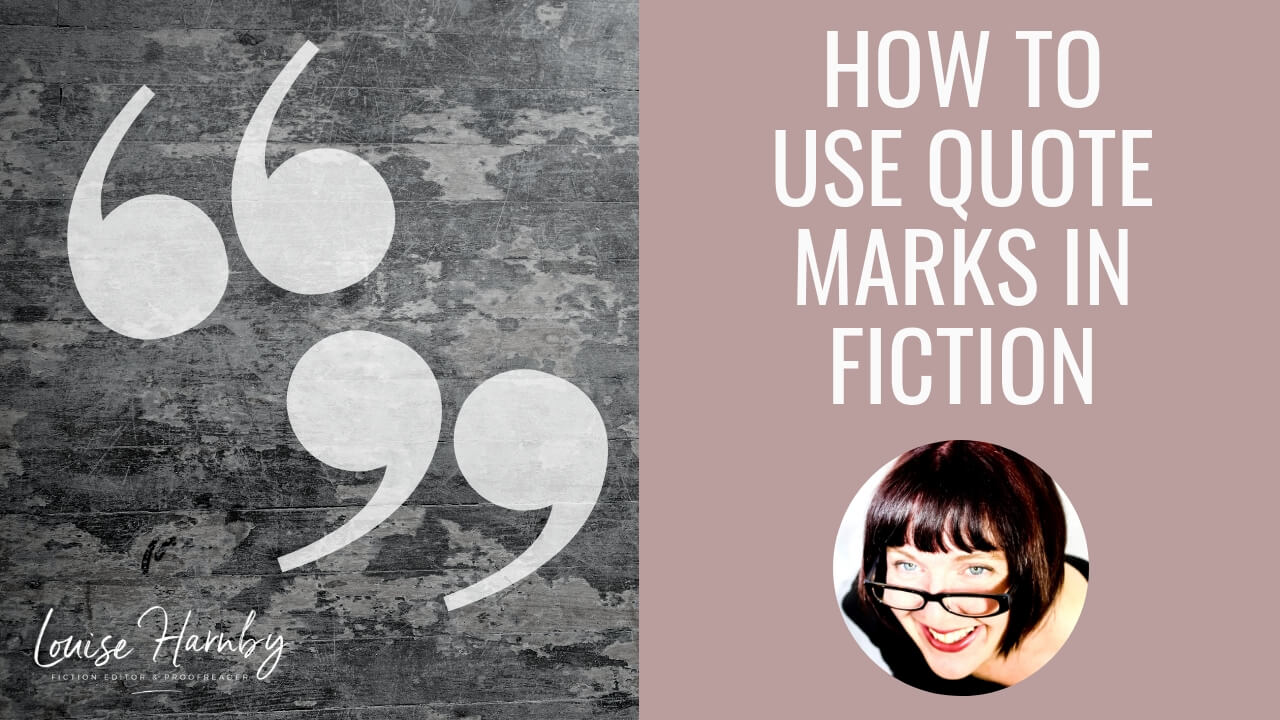
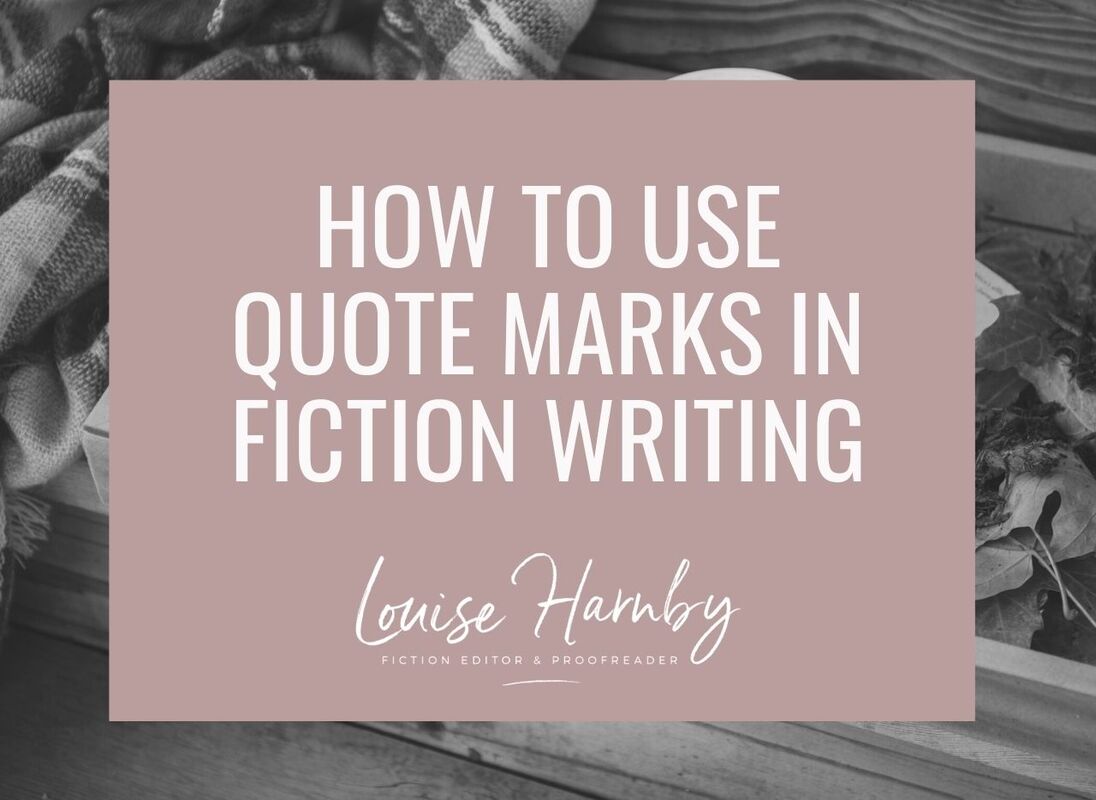
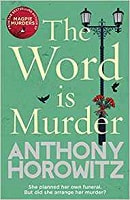
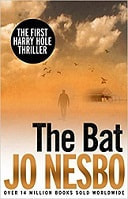
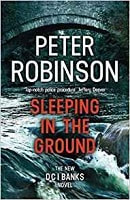
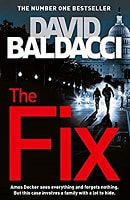














 RSS Feed
RSS Feed





